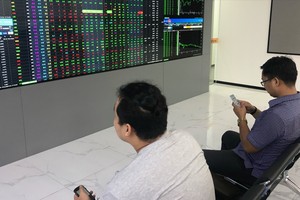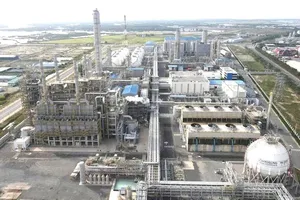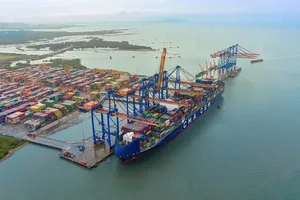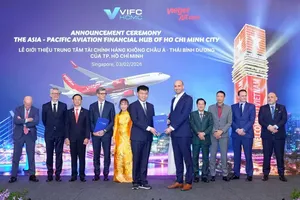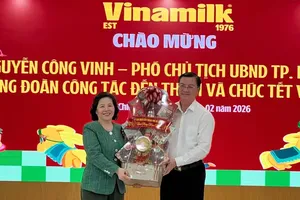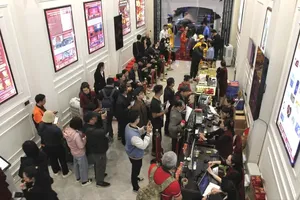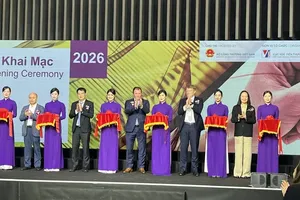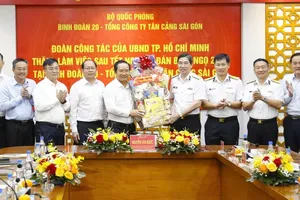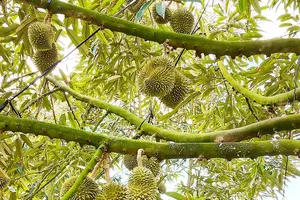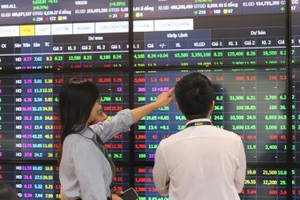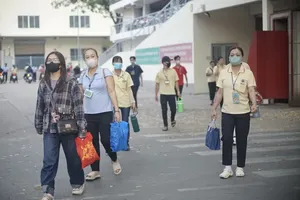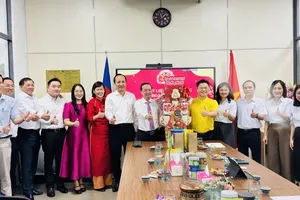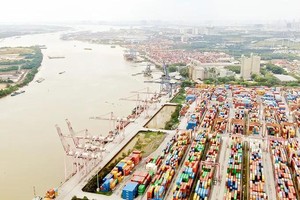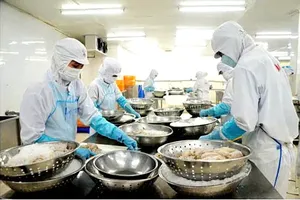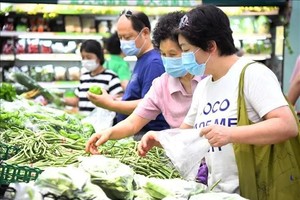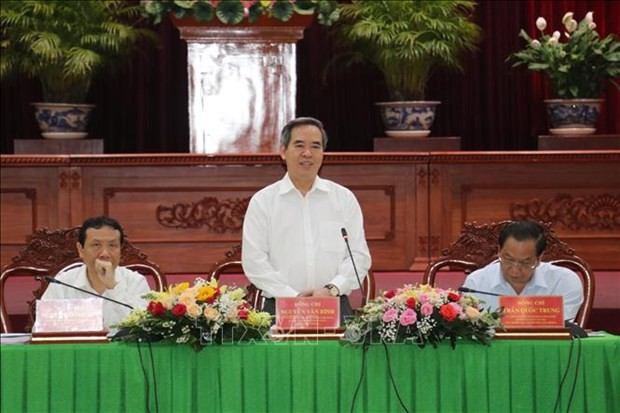
Participants to the event analysed and assessed potential and advantages of Can Tho city as well as achievements made by the municipal authorities over the last 15 years.
They proposed solutions, mechanisms and policies to remove bottlenecks, thus promoting rapid and sustainable development in the locality in the time to come.
Addressing the seminar, head of the Party Central Committee’s Economic Commission Nguyen Van Binh stressed the need for Can Tho to take measures to adapt to increasing complicated climate change in the region.
He said attention should be paid to promoting industry and service development, especially scientific and technological services in the fields of health, education and training, towards turning Can Tho into a centre of providing solutions on science and technology in all fields for the Mekong Delta region.
Binh urged the municipal authorities to focus on upgrading and developing infrastructure systems, especially those serving transport, economic development, education, science and technology, and human resources training.
Regarding agricultural development, Professor Vo Tong Xuan, principal of Nam Can Tho University, said the city needs to find big investors and businesses that are capable of seeking export markets for local agricultural products.
He also underlined the importance to make planning on official agricultural growing areas to ensure the provision of materials for enterprises, while enterprises should cooperate with farmers to form production chains meeting new standards, thus producing clean materials to provide for businesses.
Can Tho recorded stable economic growth in the 2006-2019 period, with an annual average growth rate of 7.23 percent, higher than the nation’s average growth. GDP per capita reached VND88.3 million in 2019, seven times higher than that in 2005.
The city has affirmed its central role in the Mekong Delta in some areas such as education - training, health, culture, science and technology, and social security.
